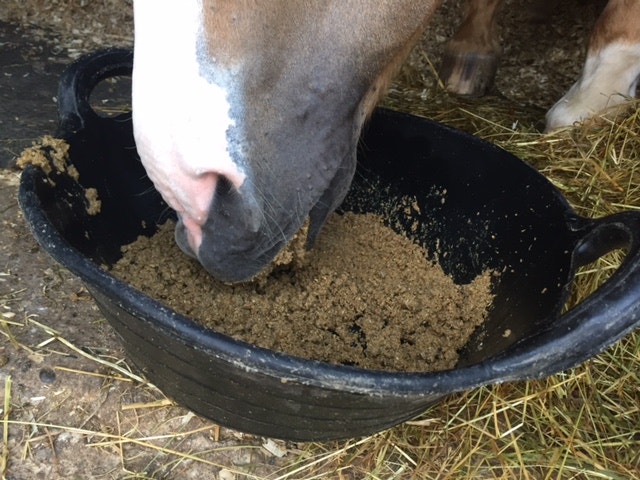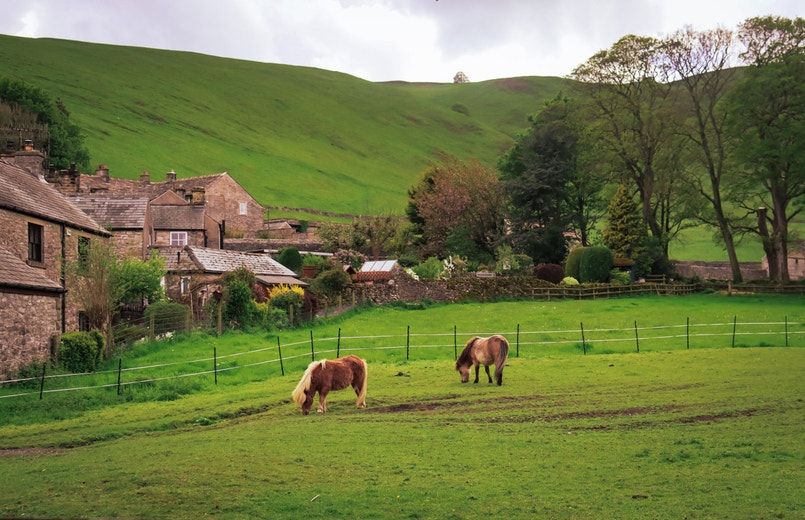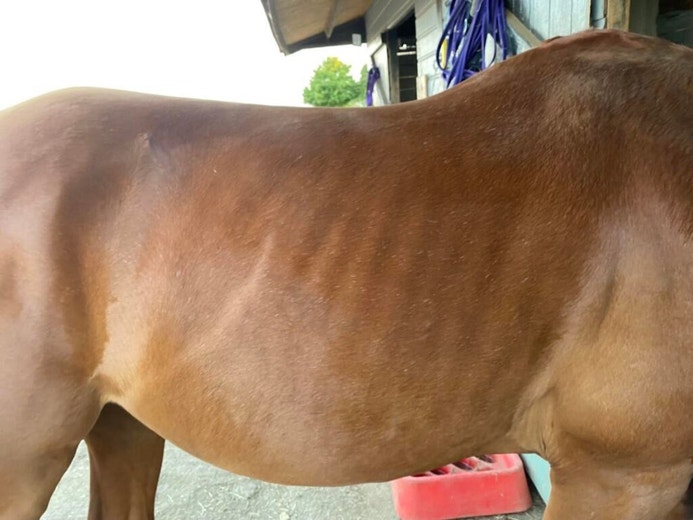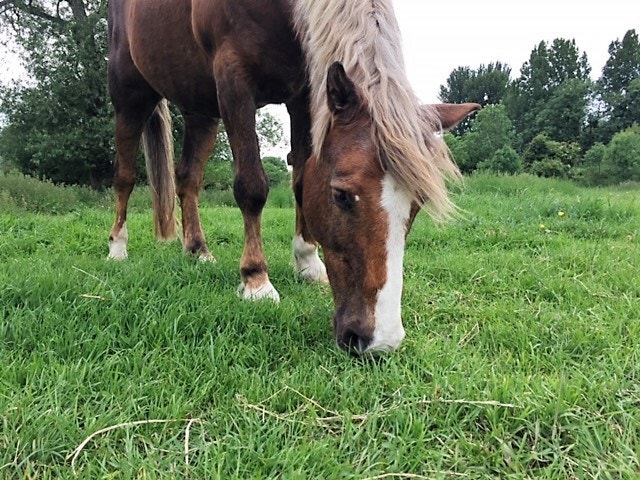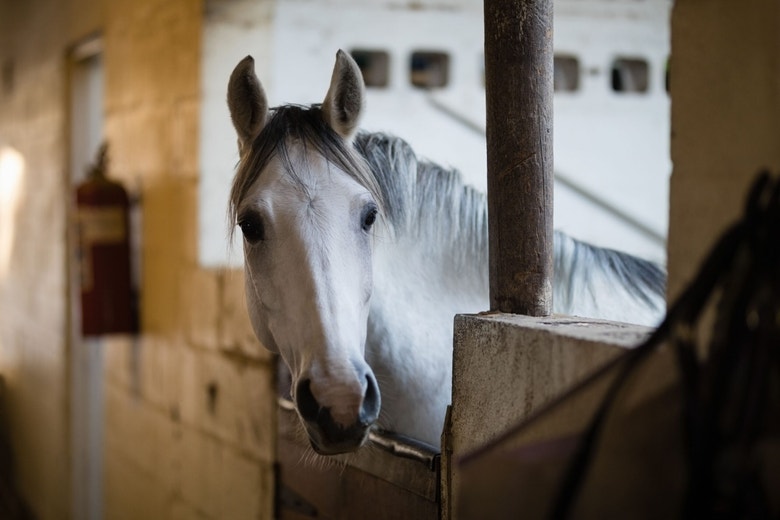15 facts for feeding through the lifestages
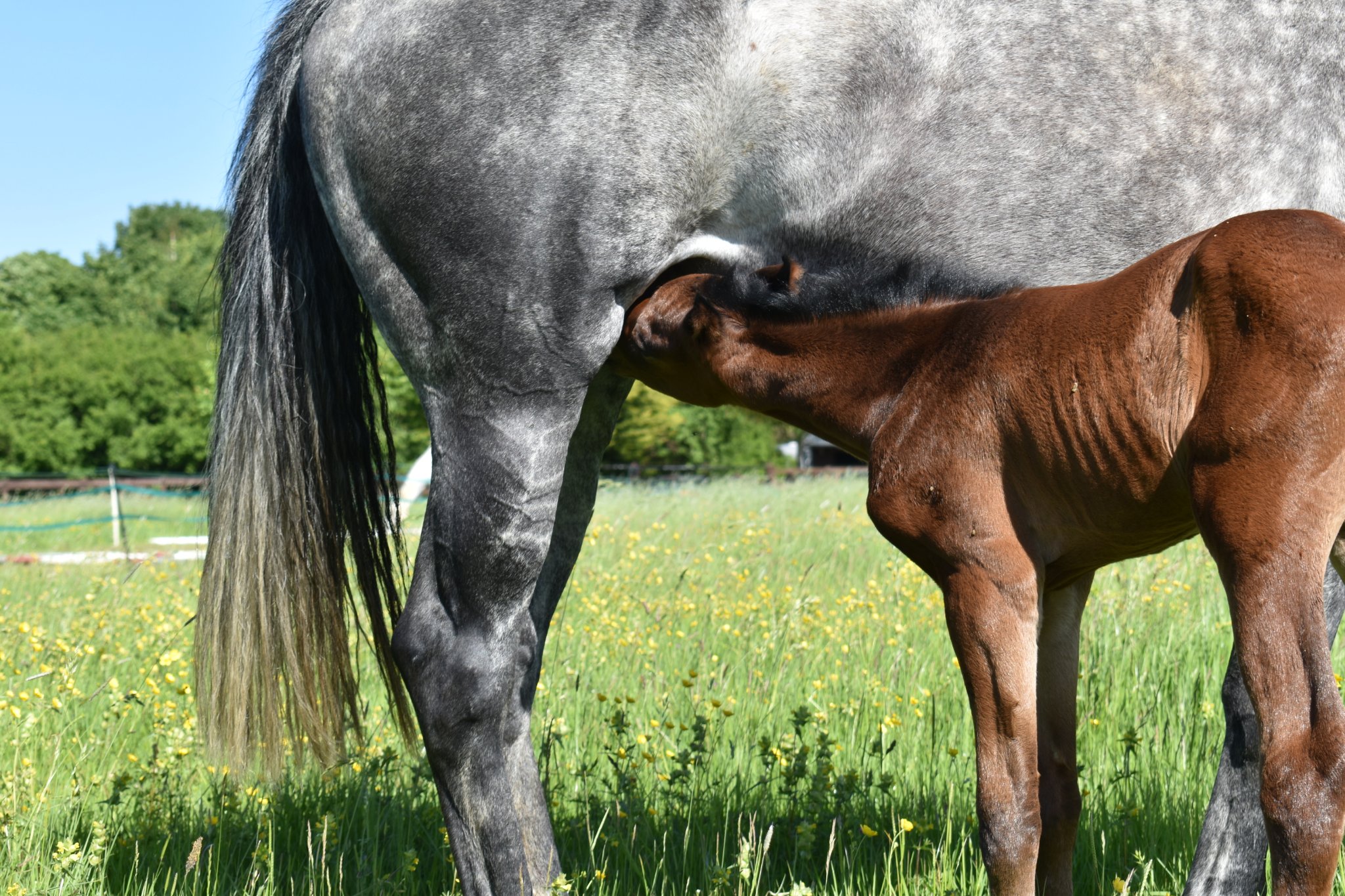
There’s no doubt that throughout their life, nutrition plays a key role in supporting our horses’ health and wellbeing. However, every horse (and pony, foal or youngster!) is an individual which means there’s no one size fits all approach to feeding, regardless of age. Consider contacting a nutrition advisor for specific advice on your horse’s diet but in the meantime, here’s 15 facts on feeding through the lifestages…
Unlike humans, foals are born without maternal antibodies which means consuming colostrum in the first 24 hours is vital. This thick, yellow ‘first milk’ is packed with antibodies that will help the foal to fight infection while his own immune system is still developing.
A mare produces around 3% of her bodyweight in milk for her foal who in the first week, may suckle up to 10 times per hour!
By six weeks of age the foal’s requirement for nutrients has already started to exceed what the mare’s milk can provide which means the foal will need some supplementary feed of their own. Did you know the mare’s milk is very low in copper and zinc which means foals rely primarily on liver stores for the first month – one reason ensuring the mare receives a balanced diet during gestation is essential!
By three months, an increasing requirement for nutrients is coupled with a drop in milk production and quality by which time a suitable ration of feed or balancer should be well established. Ensuring foals are established on an appropriate feed or balancer prior to weaning also helps to reduce digestive disturbance and maintain appetite which in turn, helps to maintain nutrient intake and support growth.
Weaning is a stressful time for the foal and often results in a loss of condition and interrupted growth. Although tempting, increases in feed to make up for lost growth post weaning may increase the risk developmental orthopaedic diseases (DOD’s) and should be avoided.
Once they reach two years of age, young horses no longer need a specialist stud feed, but a balanced diet is still key to supporting health, condition and muscle development as they continue to mature.
Did you know ‘energy’ and ‘calories’ are the same thing? Individual requirements may vary widely regardless of age. Balancers are the ideal way to provide essential nutrients to those who do not require the calories of traditional compound feeds.
Obesity carries a host of health and welfare risks for every adult horse including joint strain, heat intolerance, respiratory stress, insulin dysregulation, laminitis and reduced fertility. Foals born to obese mares may show an increase in low grade inflammation, reduced insulin sensitivity and be at an increased risk of developing osteochondrosis dissecans (OCD) as yearlings, while obesity in senior horses may exacerbate chronic low-grade inflammation associated with ageing. No matter your horse’s ages there are plenty of reasons to keep your horse’s waistline in check throughout their adult life.
Forage (or if necessary a suitable forage replacer) should be the foundation of every adult horse’s diet, regardless of age or workload. Ideally all horses and ponies should be provided with as much forage as they will eat while being mindful of excess waste. For most horses and ponies prone to weight gain, total forage intake (including grazing) should not be restricted to less than 1.5% of current bodyweight per day on a dry matter basis. For a 500kg horse without grazing, this is equivalent to approximately 9kg of hay if you intend to feed it dry, 11kg of hay if you intend to soak it before feeding or 11-12kg of haylage on an ‘as fed basis’ (the amount you need to weigh out).
The horse’s respiratory system is delicate and may be challenged by long periods of stabling or travelling. Consider feeding a respiratory supplement high in vitamin C that has been scientifically proven to support natural lung defences.
A balanced diet is key to supporting health and well-being throughout your horse’s life but when it comes to vitamins and minerals, more does not always equal better! Some vitamins and minerals can be harmful if oversupplied so contact a nutrition advisor before adding supplements to your horse’s diet, especially those containing iron, selenium, iodine and seaweed.
Seniors with dental issues may need 100% of their diet (including grazing) replaced with a mash – for a 500kg horse this equates to around 11.5kg of feed (pre-soaked weight) per day, sometimes more!
Sensitive teeth may make senior horses and ponies reluctant to drink very cold water – try adding some hot water to take the chill away and try using warm water to soak feeds/ mashes.
Arthritis in the neck or forelimbs may making grazing, lowering the head to eat from a bucket or pulling hay from a net uncomfortable – try feeding from raised buckets/ mangers.
Senior horses may lose their appetite for many different reasons including – getting too hot, being separated from companions, pain from arthritis or underlying disease, medication used to treat PPID and dental issues. Some horses and ponies also become fussy with age. Have you tried using a feed with an added aroma or herbs? Always use BETA® NOPS approved feeds and supplements for those that are still competing!
For advice on how to feed your horse according to their individual needs, contact the Care-Line on 01908 226626.
